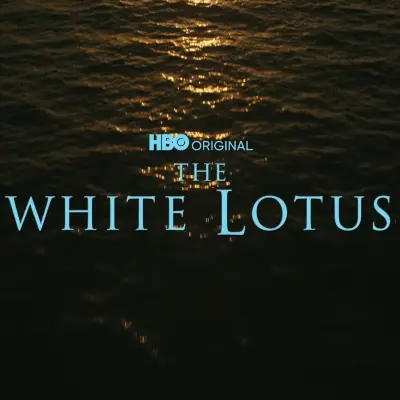The White Lotus elevates tension to an art form
-

"Plenty of shows and movies tease a Big Event in the beginning and then spend their runtime revealing how it happened — so why is The White Lotus so exceptionally stressful?" asks Proma Khosla. "The sun-drenched paradise setting swiftly becomes threatening instead of inviting, and White’s direction offers scarcely a breather from constant foreboding about what the hell is going to go wrong. (Mike) White expertly ties all the characters together in scene after scene through montages; even when they aren’t crossing paths or even in the same location, he and the editors cut rapidly between concurrent action while Cristobal Tapia de Veer’s score heightens the anxiety by approximately 7000%."
ALSO:
- Molly Shannon calls The White Lotus a "dream job": "When he told me about it, he was like, 'Yeah, I’ve got a show and I want you to do a part,'" Shannon says of her longtime friend Mike White. "I was like, 'Please, God.' I just wanted it to work out. I have a couple of TV commitments with different companies, (and) I would be so upset to miss that party. You know what I mean? And I didn’t even see the part. When you hear that Mike White is writing for you, it’s the greatest news ever. It worked out, and we got to go to Maui during such a sad, horrible time, with so many people not being able to see their loved ones. Just one of the most challenging times ever—but to have this silver lining of going to shoot on location in Maui, in a COVID bubble, it was a dream come true."
- How Montreal musician Cristobal Tapia de Veer wrote a score that has made White Lotus viewers anxious: "I’m not sure exactly how it came to be like that because we never spoke about doing lots of percussion and tribal (sounds), but it somehow became like that," he says. "I was sending music to Mike, and he was really excited with how it was transforming the show. When they were mixing, he told me they were putting the music so loud that sometimes you could barely hear the dialogue — so he really went all in with this concept of the music being a character. But there wasn’t like a master plan, it just happened, really...Some of that stuff, I was just trying things — all the moaning, I actually tried that in the third episode and then Mike thought it would be great to use for the end of the fourth episode. I think all the sounds, whether it’s the monkey sounds or the screaming and stuff like that, it’s all about making these people feel like it’s like a jungle or some kind of zoo. There are moments where the music is kind of laughing at the characters — there is some toying with making these people feel like a bunch of chimpanzees. It somehow brings out what might be happening in their heads, I think."
- Was it fun for Jennifer Coolidge to play a more romantic role?: "Yeah, definitely. I mean, The White Lotus has let me sort of play the gamut, fortunately," she says. "I don’t think until we really started filming did I realize just what an extravagant part I got. When you’re there and then you’re opposite the other actors and stuff, you start to realize the complicated story Mike is trying to tell. You start to sort of see how the pieces of the puzzle come together. Although, you know, you read the script a bunch of times and you make these decisions, you don’t really know what you’re getting into until you show up. And then all these cool things happen! Cool things happen on every job, but for The White Lotus, everything sort of flowed very well. Even when we shot scenes out of sequence. And I don’t know if I’ve really had that experience before."
- Lukas Gage discusses the cheeky surprise at the end of this week's episode
- Delving into the "braggy beach books" that the rich read on The White Lotus
TOPICS: The White Lotus, HBO, Cristobal Tapia de Veer, Jennifer Coolidge, Lukas Gage, Molly Shannon, Music and TV
More The White Lotus on Primetimer:- Mike White and Sydney Sweeney may reunite for The Amazing Race after White Lotus collaboration
- 'I never saw myself as sexy": Alexandra Daddario opens up about receiving bold roles, on-screen nudity, and more
- "I take it as a sign that he’s become quite popular" — Walton Goggins' wife on his romance rumors with White Lotus co-star Aimee Lou Wood
- Here's How to Make the Emmys Less Predictable This Year
